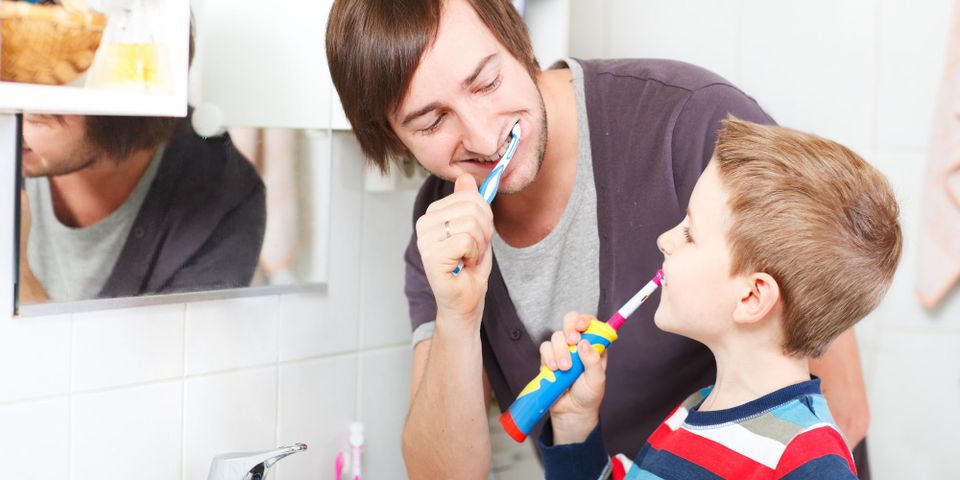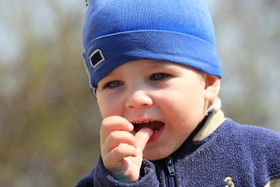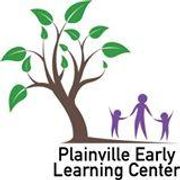5 Healthy Dental Habits Children Should Learn

A lifetime of healthy teeth begins when children are young. Learning to care for their teeth at a young age gives them skills they can take into adulthood and prevents serious problems both now and in the future. Children in preschool can begin learning healthy habits and make oral hygiene a part of their daily routine.
A Guide to Oral Hygiene for Kids
1. Brush & Floss Twice a Day
Everyone should brush their teeth at least twice a day and floss once. Children should be taught the proper techniques for brushing and flossing and be supervised to make sure they clean all the surfaces of their teeth without swallowing toothpaste. Remember, brushing should take about two minutes; playing a fun song can help make the time go by faster.
2. Visit the Dentist
As soon as children have teeth, they should begin making regular visits to the dentist for checkups. The sooner children become comfortable with visits to the dentist, the less anxiety they will have later on. A pediatric or kid-friendly dentist can make the experience more enjoyable for everyone.
3. Eat Healthy Foods
Kids in preschool are notoriously picky eaters, but it’s important they maintain a healthy, well-rounded diet to protect their teeth and overall health. Offer lean proteins, veggies, fruit, and low-fat dairy products and limit the number of sugary snacks your child eats.
Water is the best liquid to drink. Limited amounts of juice aren’t too detrimental, especially if your child brushes immediately after drinking juice, but avoid letting your child drink too much or bring juice to bed.
4. Discourage Thumb Sucking
 Most children stop sucking their thumb (or fingers) by age 4, but if they don’t, you may need to intervene if the behavior continues beyond age 5.
Most children stop sucking their thumb (or fingers) by age 4, but if they don’t, you may need to intervene if the behavior continues beyond age 5.
Again, it’s often a comfort measure, but ongoing thumb sucking can cause problems with the teeth and introduce bacteria and viruses that cause illness. Work with your dentist to help your child break the habit; positive reinforcement and gentle reminders are usually effective.
5. Avoid Chewing on Non-Foods
Preschool-aged toddlers should outgrow putting items in their mouths. Don’t allow your kids to chew on items like toys, pencils, or their clothing. Although this may be a self-soothing activity, it can be damaging to their teeth. Remind them to take objects out of their mouth.
If you’re looking for a child care program that supports the overall health and well-being of your little one, consider Plainville Early Learning Center. For 50 years, they’ve provided early childhood education, activities, and after-school care to kids from 18 months to 11 years old in the Plainville, CT, area. Visit them online to learn more about their preschool or school readiness programs or call (860) 747-3321 to schedule a tour.
About the Business
Have a question? Ask the experts!
Send your question

